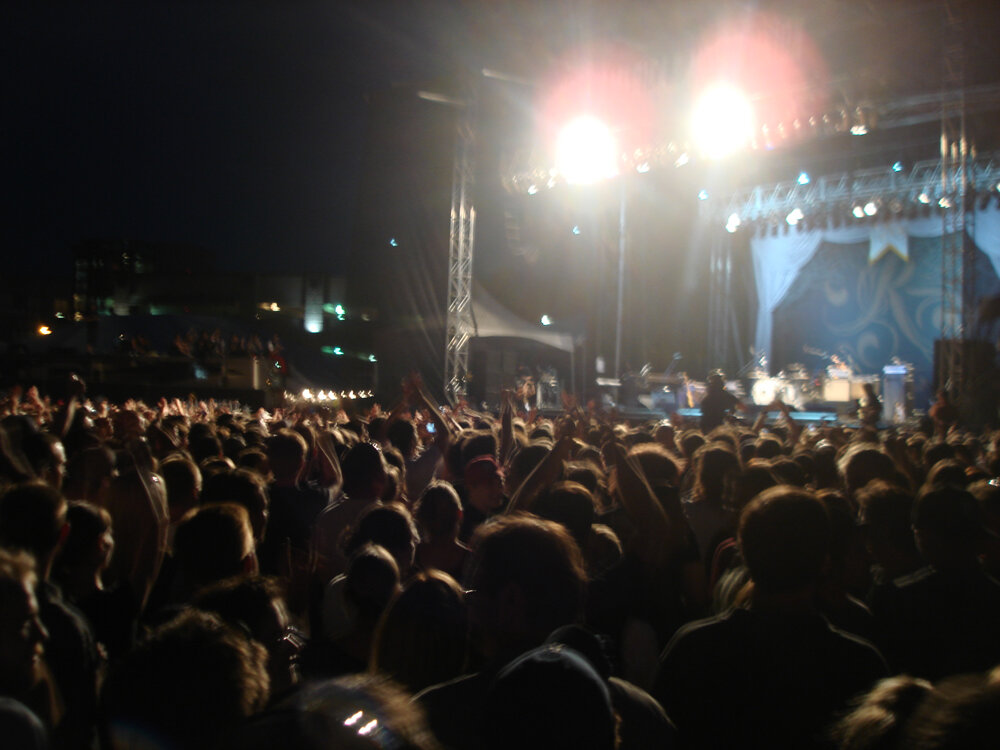Real Magic

Bardic music is one of the few magical abilities in the SRD with evidence to support its existence.
Dr. Eric Lis is a physician, gamer, and author of the Skirmisher Publishing LLC sourcebook, Insults & Injuries.
Bardic music is one of the few magical abilities in the SRD with evidence to support its existence.
I’ve commented before about how bards often seem not to get the respect that they (may or may not) deserve, at least in the standard SRD. The bard is a versatile class which can be used to do some very cool stuff, if used with a bit of creativity and cleverness, especially in Pathfinder where they’re that much more flexible. Where bards get a bit undersold, though, is in their relatively realistic portrayal of “magic.” The classic bardic abilities reflect what I consider to be a profound truth about humanity: in real life, most people will never sling a fireball, but music really can accomplish things that border on the miraculous. To the best of our current understanding, humans have no innate capacity to accomplish half of the things that a monk or cleric can, and even much of what fighters do is beyond what humans are actually physically capable of, but under the right circumstances, anyone can inspire courage.
Think about what “inspire courage” is: using music (or some other form of performance, but music is the one most players unsurprisingly pick) to boost a compatriot’s efficiency in combat. I’ve always assumed that this power is restricted to bards, not because they have some magic, but because most people aren’t good enough performers to really give someone that boost. In the real world, of course, where people can essentially carry their favourite performers with them, most people use music to inspire courage. People bring their favourite music to workouts because it motivates and pushes them. Wrestlers famously enter the ring to their theme music, because it pumps them up. Movies play music (both diegetic and non-diegetic) during combat scenes to set a faster-paced tone and boost the audience’s excitement level. In perhaps my favourite example, in the wonderful World War Z by Max Brooks, the military blasts Iron Maiden over loudspeakers to boost solders’ morale (in the audiobook, this scene is narrated by Mark Hamill and wonderful to listen to). Heck, I invariably listen to music when I write these column, because they make me feel more creative and they seem to make it easier to find the words I want. In theory, the party’s fighter can’t inspire courage in this way, not because he isn’t a bard, but because he’s a lousy performer.
In the real world, this sort of effect has been demonstrated scientifically. We can hook people up to devices which measure pulse and skin conductance and so forth and show that they experience autonomic reactions to music (although what reactions, and to what music, are culturally-bound). Singing religious songs in particular has been shown to have short- and long-term benefits in people who sing them (again, assuming that it’s the correct songs for their culture and faith), including conferring emotional strength, reducing grief and sadness, reduce physical pain and fatigue, and giving a sense of peace. As the usual rule goes, anything that someone can do in our world, someone in a fantasy setting can probably do better, and likely by sheer force of will.
As for the other bardic inspiration powers, much of the same holds true. Inspire competence is obvious; people generally work better and faster at almost all jobs if they have access to music they like; assembly line workers are more efficient, programmers write more error-free code, surgeries have better outcomes, and so on. Inspire greatness is a little bit more extreme, so perhaps harder to show clear real-world parallels, but really it’s just bigger benefits to all the same scores. Powers such as the song of freedom are perhaps more overtly magical, but it’s hard for us to say whether music could be used to revert mind-control in real life since mind control doesn’t work so well for us.
What all of it really comes down to, arguably, is that a person may or may not believe that we live in a world without magic, but if there is magic in our world, music is certainly one form of it.